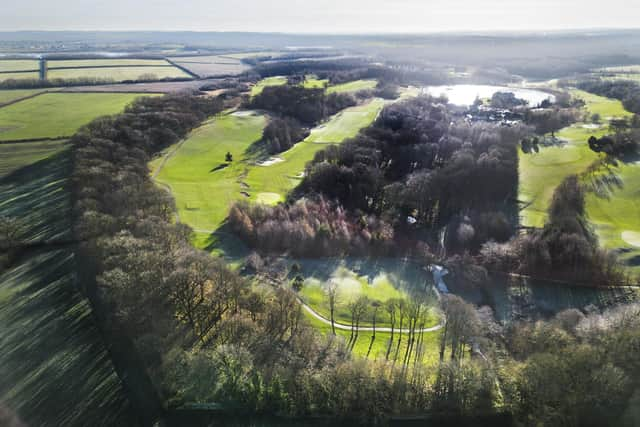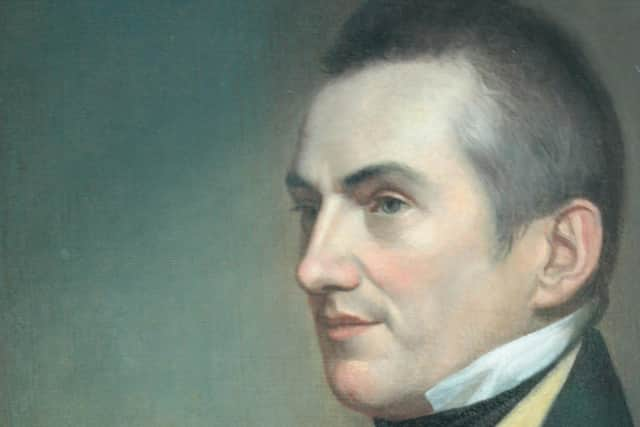Waterton Park, Wakefield: World's first nature reserve in Yorkshire given Grade II-listed status
Even in Yorkshire, a county blessed with more than its fair share of wonderful open spaces, Waterton Park stands out as something rather special. This green oasis in Wakefield was ahead of its time.
It was the world’s first nature reserve and was opened by 19th century naturalist Charles Waterton (1782-1865).
Advertisement
Hide AdAdvertisement
Hide AdNow this much admired site has been registered at Grade II by Historic England, giving it greater protection and recognition.


Waterton Park once belonged to pioneering 19th century naturalist Charles Waterton who inherited it in 1805 from his father as part of the family estate at Walton Hall. An innovative and committed nature conservationist, he transformed the park into a haven for native and migratory species, particularly birds.
This is the first known example of a landscape designed to protect wildlife and occurred at a time when, in contrast, England’s parkland was used mainly for game shooting, which relied on the elimination of swathes of native fauna.
Waterton introduced a new management regime at the park. He stopped neighbouring keepers and their dogs from entering during nesting season, banned fishing in the lake between late autumn and early May, and forbade shooting.
Advertisement
Hide AdAdvertisement
Hide AdIn 1821 Waterton built a high boundary wall – newly listed at Grade II – to keep out foxes and poachers. The completed stone wall was over three miles long and took five years to compete, which Waterton saved up for by abstaining from alcohol. In a letter of 1849, he wrote that various types of birds “may thank their lucky stars that they have my park wall to protect them”.


Besides reducing disturbance and predation, Waterton also helped wildlife by creating new habitats, planting tree and undergrowth cover, and allowing the far end of the lake to become swampy for the benefit of herons and waterfowl.
His innovations paid dividends. One winter he recorded 5,000 wildfowl sheltering on his lake and over the years he noted 123 bird species in the park.
His championing of the park as a nature reserve also led him to become an early environmental campaigner when poisonous chemicals from a nearby soap works threatened the wildlife by damaging trees and polluting the lake in the park.
Advertisement
Hide AdAdvertisement
Hide AdWaterton instigated a long-running and expensive court case against the soap works, forcing it to move to a different location.
Sarah Charlesworth, Listing Team Leader for Northern England, said: “Charles Waterton was a true visionary who recognised both the value of protecting wildlife and the powerful link between nature and our wellbeing. With Waterton Park, he created a prototype for the modern nature reserve, where wildlife and humans can exist in harmony for their mutual benefit.”
John Smith, Chair of the Friends of Waterton’s Wall, said: “Charles Waterton was an interesting man, some would say eccentric. It is indisputable that he was a pioneering environmentalist as well as an explorer, philanthropist and naturalist.
"We welcome the recognition by Historic England of his parkland, Waterton Park – the first nature reserve in the world, which is surrounded by a three-mile wall that he constructed. This will bring his life and works to a wider audience not only locally but nationally.”
Comment Guidelines
National World encourages reader discussion on our stories. User feedback, insights and back-and-forth exchanges add a rich layer of context to reporting. Please review our Community Guidelines before commenting.
